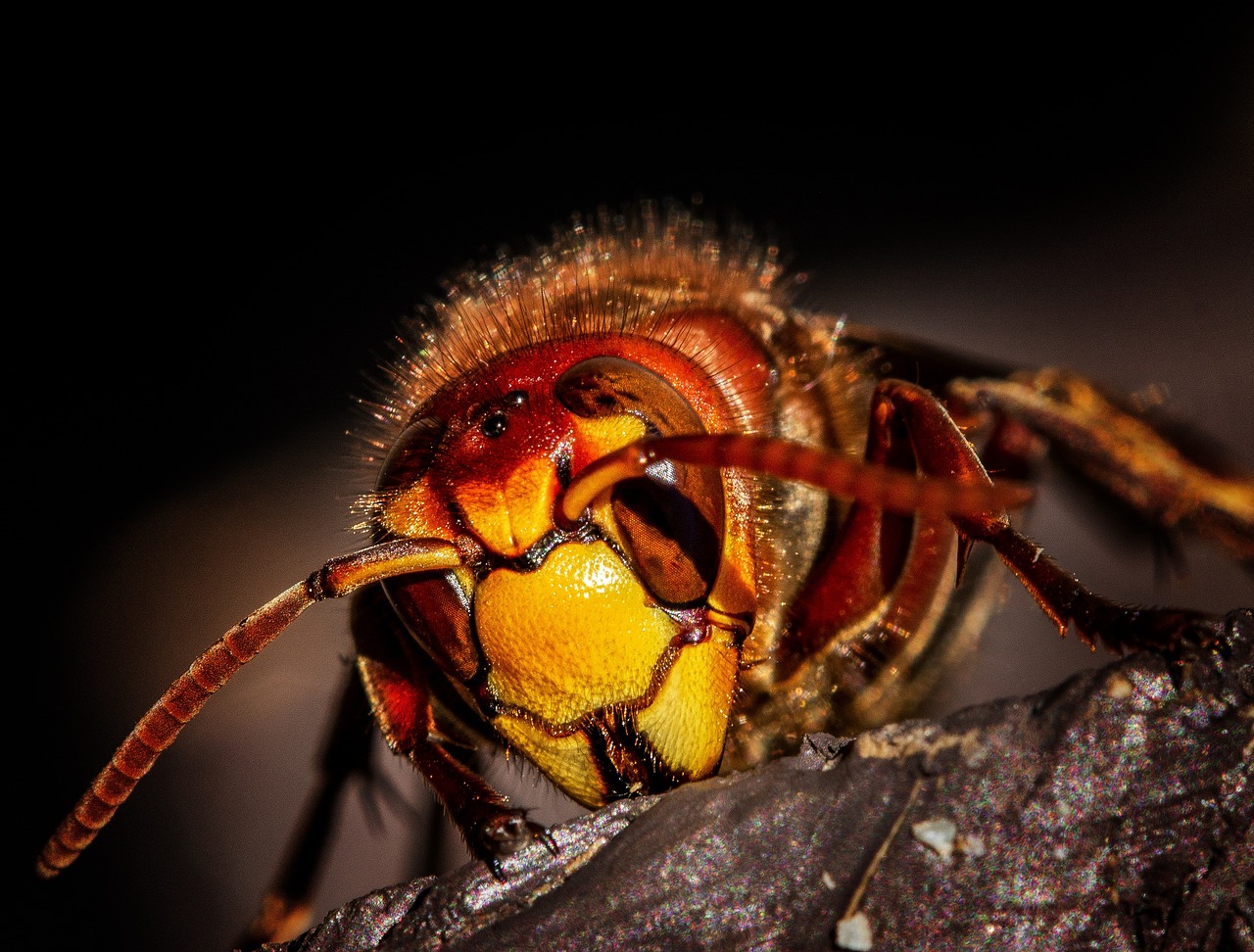Pest Control - Part 3
Managing Pests in Urban Gardens - Part 3
Introduction
Welcome to the third part of our series on managing pests in urban gardens. In this article, we will explore more effective and eco-friendly methods to keep pests at bay and protect your precious plants.
Companion Planting
Companion planting involves growing certain plants together to benefit each other in various ways. Some plants naturally repel pests, so by strategically placing them near vulnerable plants, you can deter unwanted visitors. For example, marigolds can help repel aphids, nematodes, and other pests.
Biological Controls
Biological controls involve introducing natural predators or parasites to manage pest populations. Ladybugs, lacewings, and parasitic wasps are examples of beneficial insects that can help control common garden pests like aphids, caterpillars, and mites.
Neem Oil
Neem oil is a natural insecticide derived from the seeds of the neem tree. It is effective against a wide range of pests and is safe to use on most plants. Neem oil works by disrupting the feeding and reproductive systems of insects, ultimately leading to their demise.
Organic Sprays
Homemade organic sprays using ingredients like garlic, chili peppers, and soap can help repel pests from your garden. These sprays are safe for plants and the environment while effectively keeping pests away.
Handpicking
For smaller infestations, handpicking pests off your plants can be a simple yet effective method. This is especially useful for larger insects like caterpillars and beetles that can cause significant damage if left unchecked.
Conclusion
By implementing these eco-friendly pest management techniques, you can protect your urban garden from potential damage without resorting to harmful chemicals. Stay tuned for more tips and tricks on maintaining a healthy and thriving garden!



